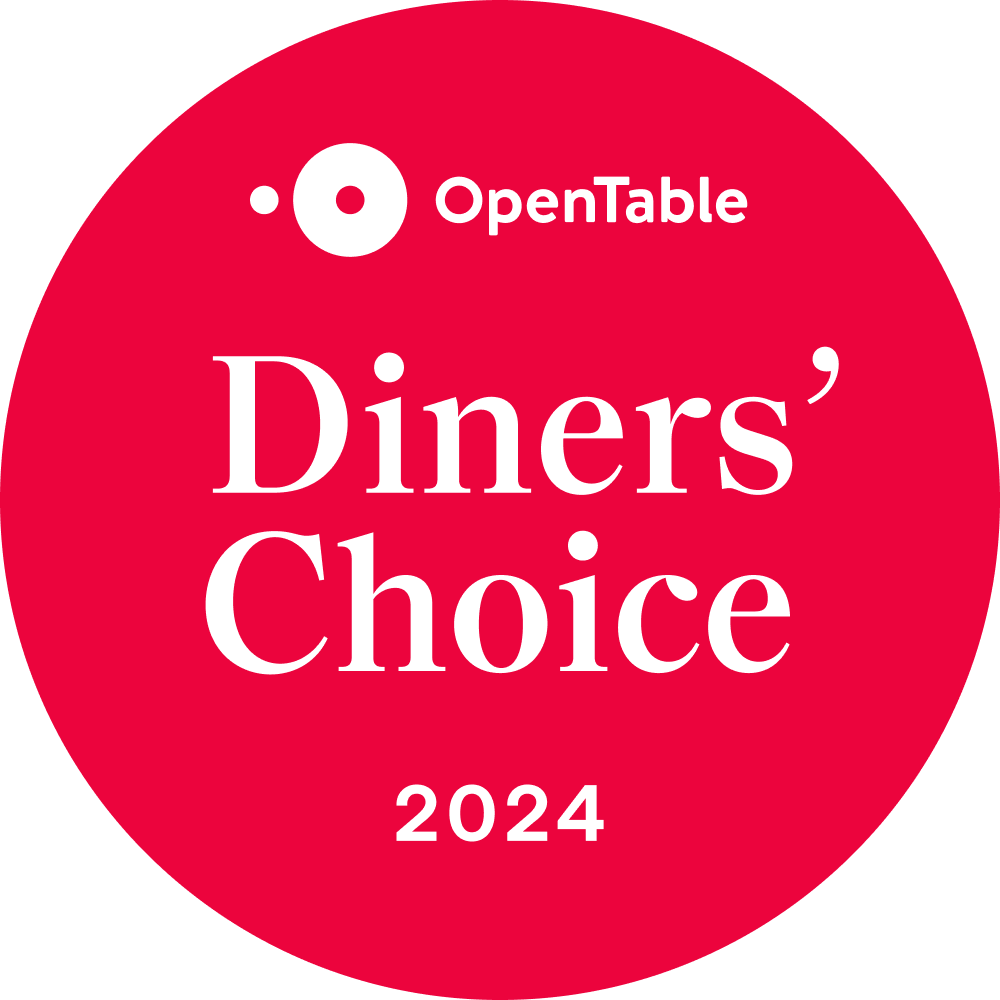Service Charge - how this model works for Musang
For many years, restaurants have operated in ways that benefited the house with little to no regard for the staff that "keeps the business running." Over the last several years, we've seen significant increases in inflation at a whopping average of 7-9% in 2022 alone. Additionally, Washington state, Federal, and city laws have altered policies related to minimum wage, sick leave, and high interest rate benefits at the expense of workers.
As Musang evolves in the landscape of operations as a small business, we have decided to commit to a service charge model and offer complete transparency to our guests. We also want to ensure that we are providing an exceptional experience while holding space to invest in our future.
As of January 2023, Musang has now moved to a 22% service charge.
Musang has added a 22% service charge to all checks that is retained (100%) by the house.
Every Musang Employee is paid an equitable and agreed upon hourly wage.
Gratuities are not expected, and any that are left are split amongst hourly employees only, never salaried managers.
Musang does not believe traditional gratuities are an equitable or modern way to pay our employees.
Musang is committed to moving away from the traditional tip model.
If you have questions or comments about your experience, please request to speak with the Manager or reach out to us at info@musangseattle.com


